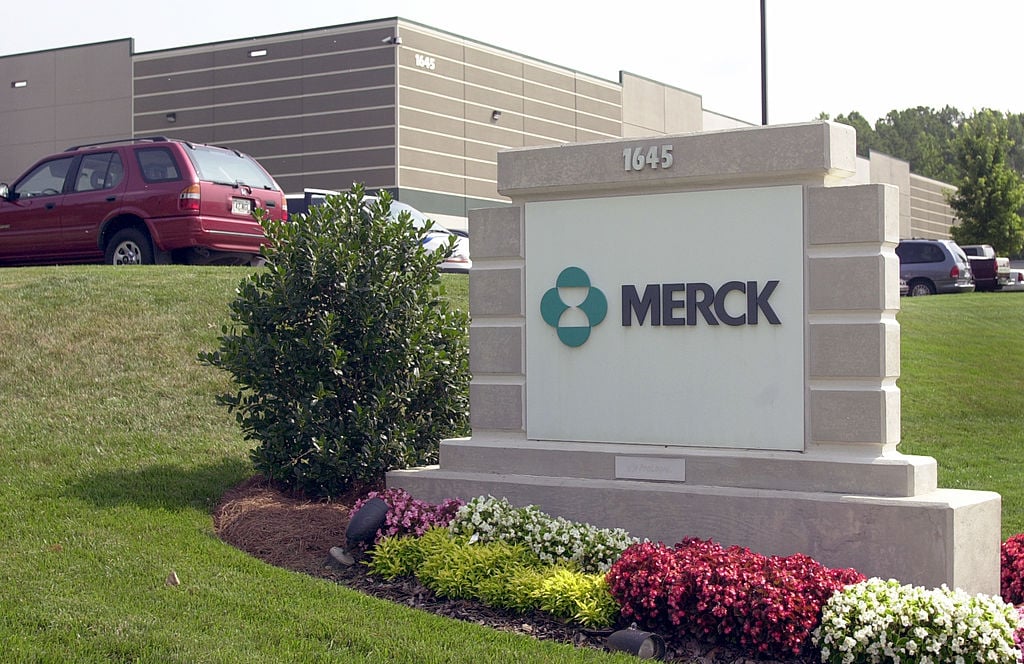Merck & Co. ditches oncolytic virus Cavatak 4 years after buying Viralytics
27 Oct 2022
VaccineCollaborateAcquisition

Preview
Source: FierceBiotech
Merck's decision to move on from Cavatak comes after the company inked a new oncology agreement with Moderna.
Merck & Co. is bidding adieu to the oncolytic virus acquired from its 2018 purchase of Viralytics, with the pipeline change disclosed weeks after the Big Pharma hitched its wagon onto Moderna’s cancer vaccine program.
A spokesperson for Merck confirmed to Fierce Biotech this morning that it discontinued the program “as part of our routine pipeline prioritization.” Merck’s updated pipeline, outlined in a third-quarter earnings presentation (PDF), no longer included V937, also known as Cavatak, to treat a range of cancers.
The phase 2 cancer treatment was acquired when Merck bought Australia-based Viralytics for $394 million in 2018. At the time of the acquisition, Viralytics CEO Malcolm McColl was optimistic that Merck was the right partner, described the Big Pharma as “best suited to advance Cavatak for the benefit of patients globally and to realize its potential.” As things stood before today's update, the asset was under development to treat melanoma, breast cancer, cutaneous squamous cell carcinoma, head and neck squamous cell carcinomas and other solid tumors.
There were at least 14 trials testing Cavatak, many of which had already been completed, according to ClinicalTrials.gov. Three active trials that were no longer recruiting were testing Cavatak in combination with Keytruda and one trial still recruiting was looking at Keytruda in combination with a number of investigational treatments, including Cavatak. One set of results published in August 2021 from a phase 2 trial assessing Cavatak as a monotherapy in 57 patients with stage 3 or 4 unresectable melanoma found a 38.6% progression-free survival rate at six months. The rate at the 12-month mark dropped to 32.9%, and the 12-month overall survival rate was 75.4%.
It’s not clear what ultimately influenced the company to deprioritize the program, but recent developments show that Merck was propping up a large tent when it came to collaborations. Earlier this month, the Big Pharma signed a $250 million option agreement to jointly collaborate on and develop one of Moderna’s cancer vaccines. The therapeutic vaccine is currently being assessed in combination with Keytruda for patients with high-risk melanoma, with the two companies splitting the costs and profits.
For more details,please visit the original website
The content of the article does not represent any opinions of Synapse and its affiliated companies. If there is any copyright infringement or error, please contact us, and we will deal with it within 24 hours.
Organizations
Indications
Targets
-Chat with Hiro
Hot reports
Get started for free today!
Accelerate Strategic R&D decision making with Synapse, PatSnap’s AI-powered Connected Innovation Intelligence Platform Built for Life Sciences Professionals.
Start your data trial now!
Synapse data is also accessible to external entities via APIs or data packages. Empower better decisions with the latest in pharmaceutical intelligence.





